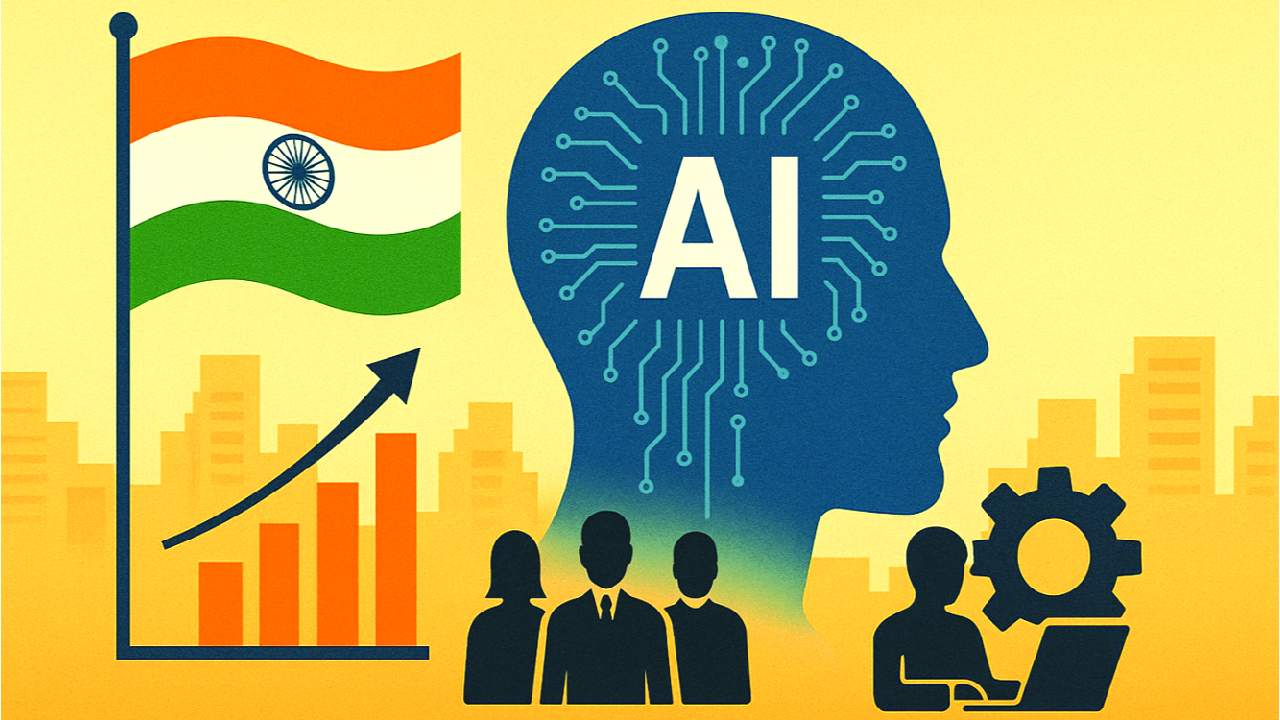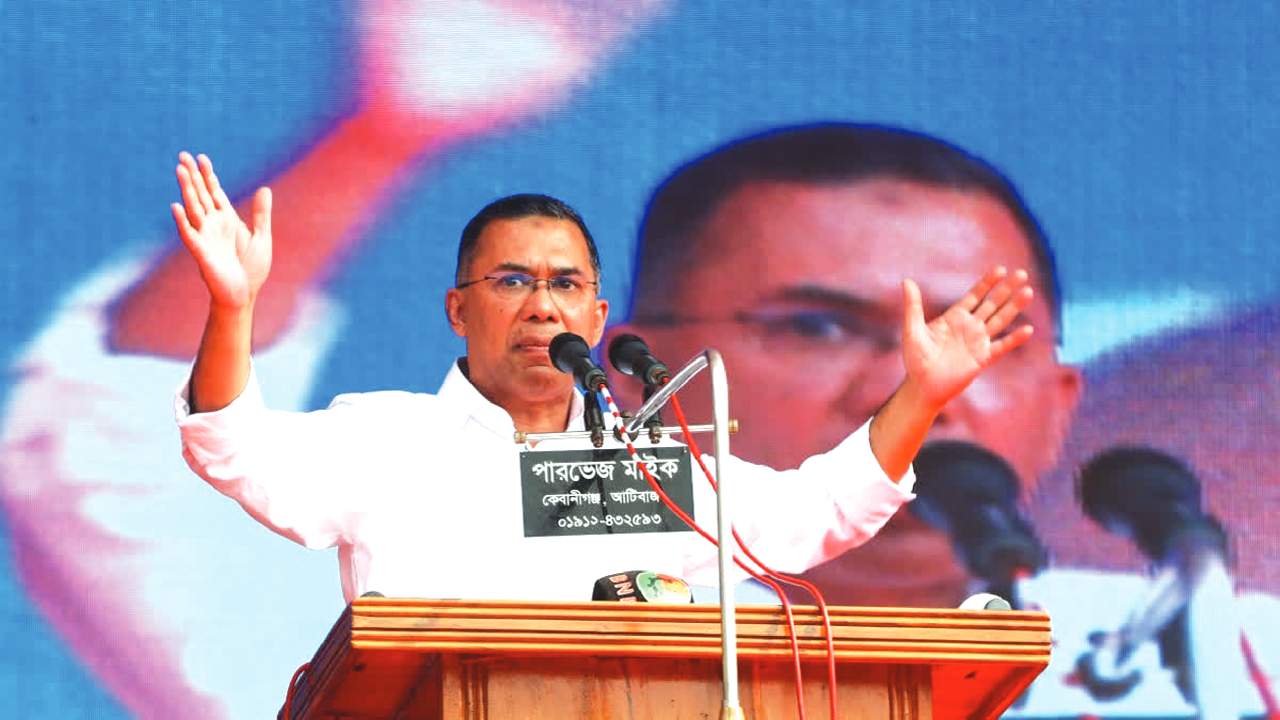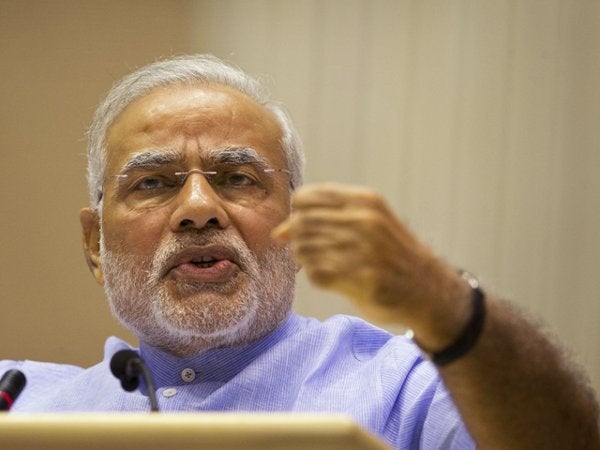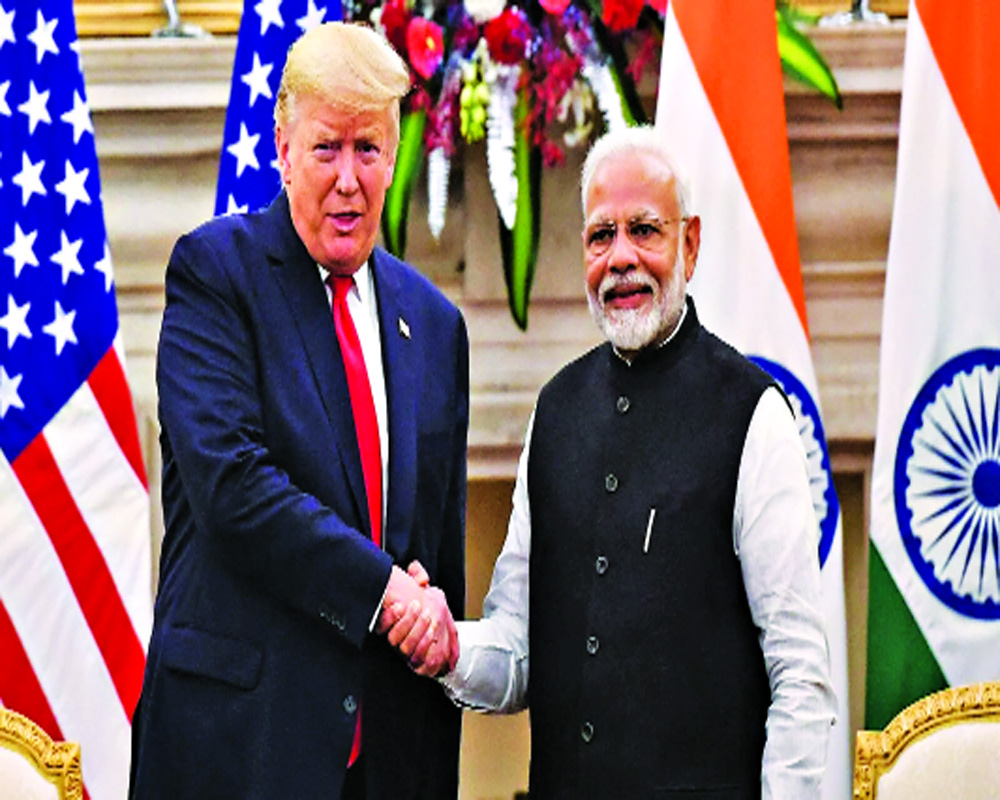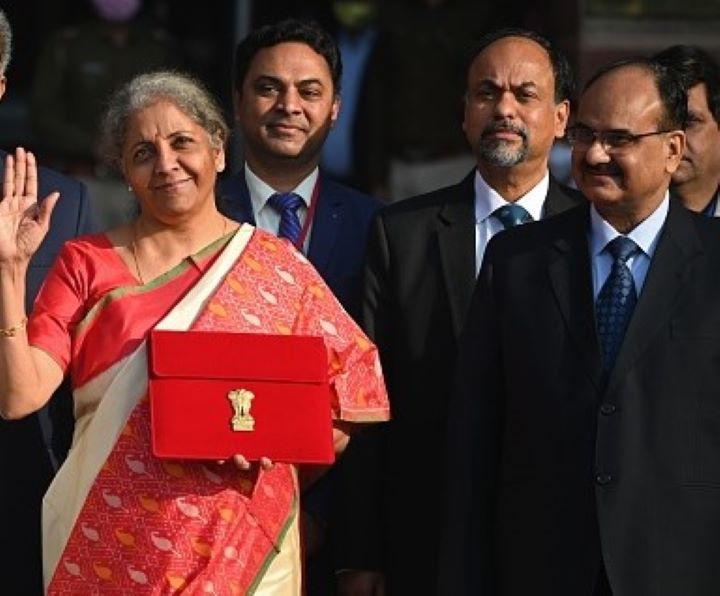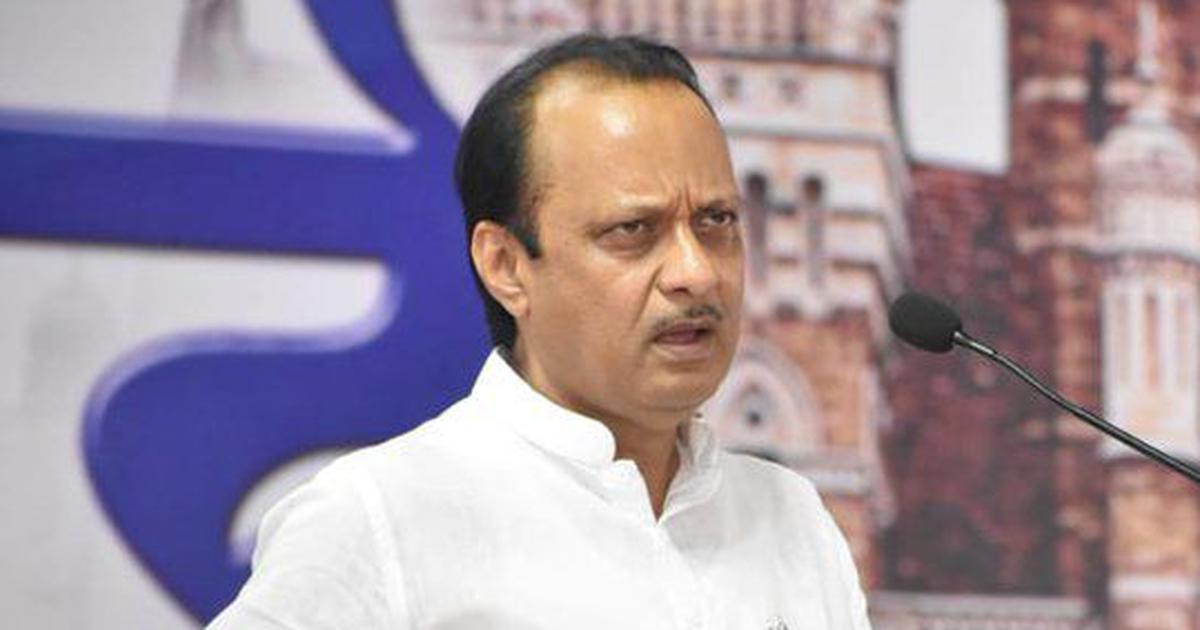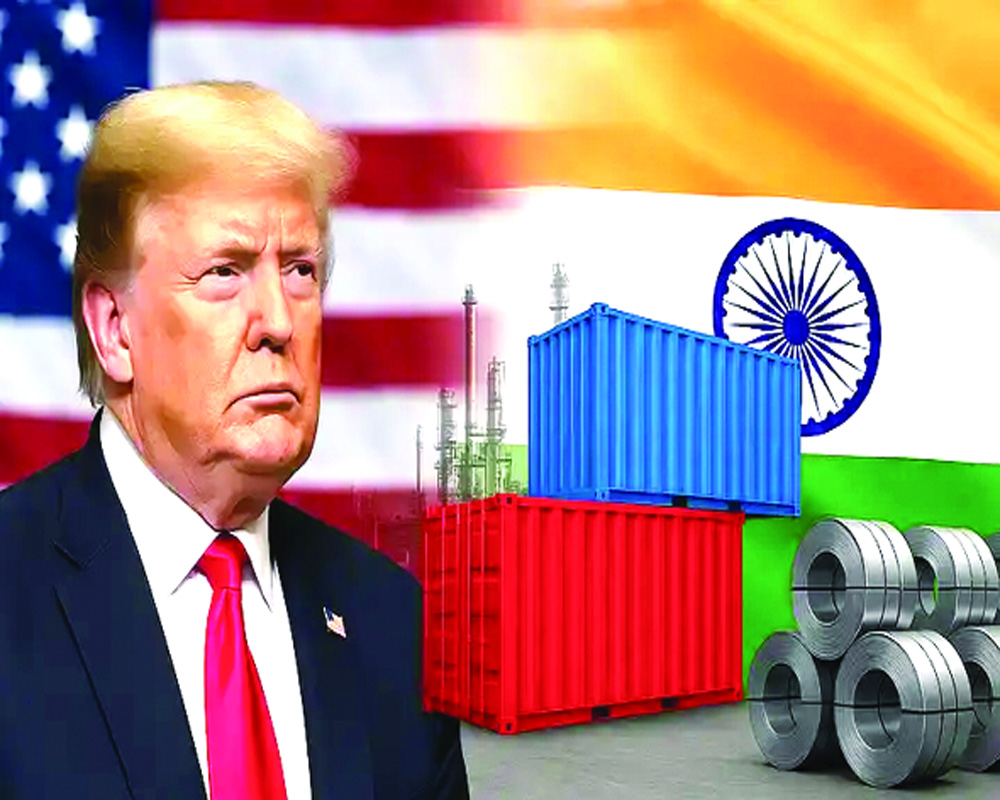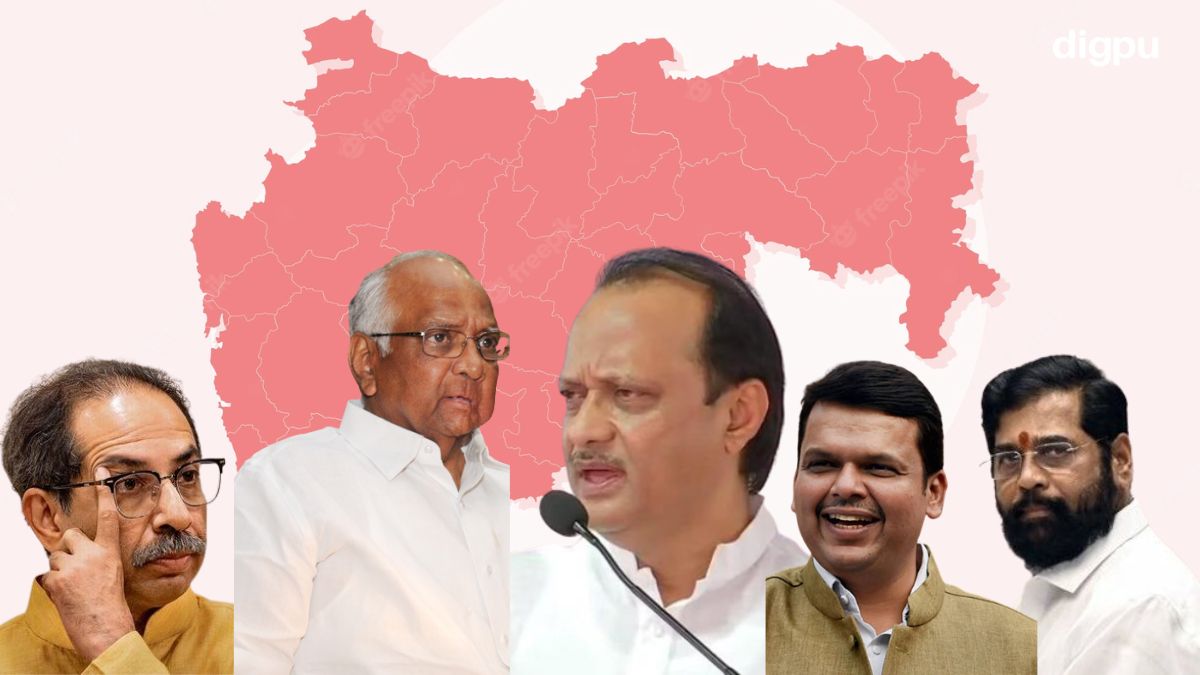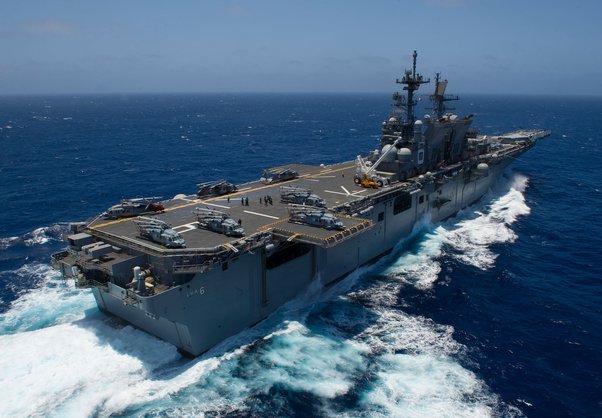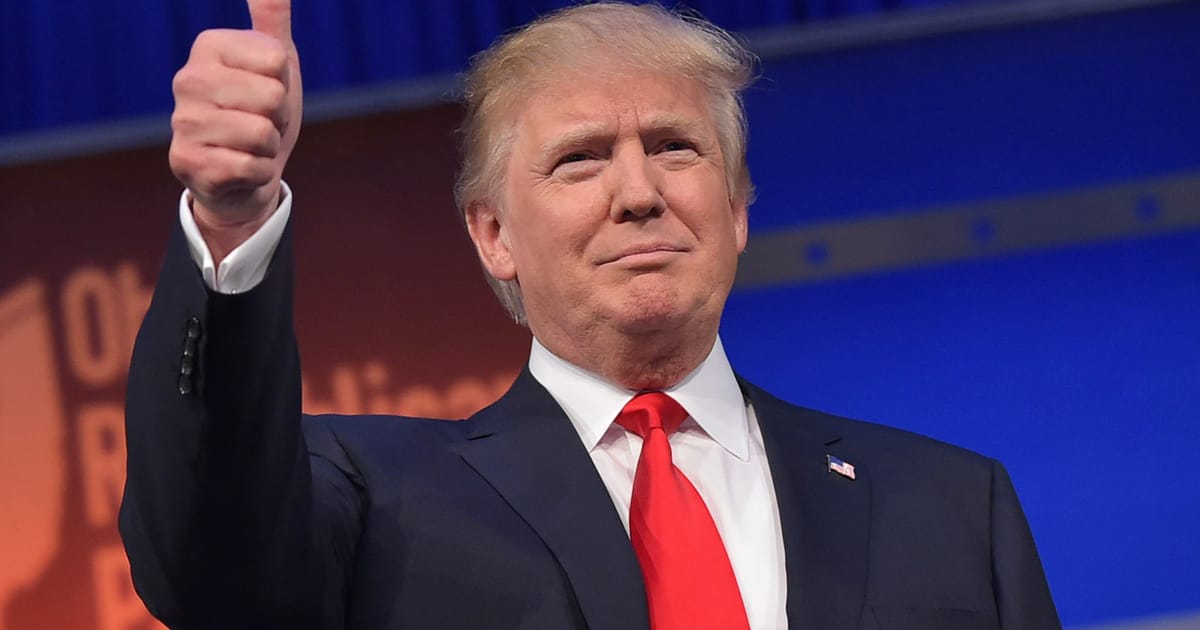The Bangladesh Nationalist Party (BNP), led by Tarique Rahman, is heading towards a sweeping electoral triumph, marking a dramatic political turnaround years after student-led protests forced the exit of former prime minister Sheikh Hasina. As of early afternoon trends, the BNP and its allies have secured 208 seats, comfortably outpacing rivals and setting the stage for a decisive mandate. Rahman himself registered emphatic victories in Dhaka-17 and Bogura-6, underlining his renewed political clout and nationwide appeal.
The victory carries deep symbolic weight for the BNP. The party reclaimed Bogura-7 — a constituency long associated with former prime minister Khaleda Zia, who had won the seat in every election between 1991 and 2008. Her party’s return to dominance, nearly two decades after her last term ended in 2006, signals a political resurrection few had predicted. If sworn in, Tarique Rahman will become Bangladesh’s first male prime minister in 35 years, marking the end of an era dominated by female leadership at the helm of the nation.
The Jamaat-e-Islami and its allies secured 69 seats, emerging as a distant second force. Its chief, Shafiqur Rahman, won from Dhaka-15. The Jamaat-led alliance also includes the National Citizen Party (NCP), formed by activists instrumental in the 2024 anti-government protests; the NCP won five of the 30 seats it contested. Meanwhile, seven women candidates have been declared winners across constituencies, reflecting a continuing female presence in parliamentary politics despite the broader power shift.
In a striking development, the iconic “boat” symbol of the Awami League was absent from ballots for the first time in three decades. Following the 2024 upheaval, the interim administration led by Muhammad Yunus banned the party’s activities and suspended its registration. Hasina, now in exile in Delhi, dismissed the polls as “illegal.” The Election Commission of Bangladesh has deferred results in three constituencies over legal complications, while two BNP winners from Chittagong await court verdicts before official confirmation — minor footnotes in what is otherwise shaping up to be a watershed election in Bangladesh’s political history.






